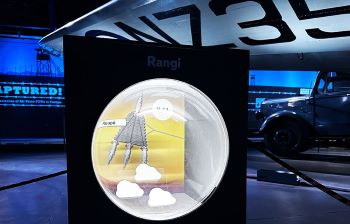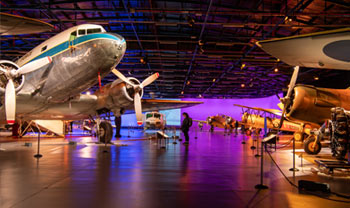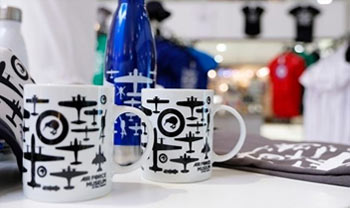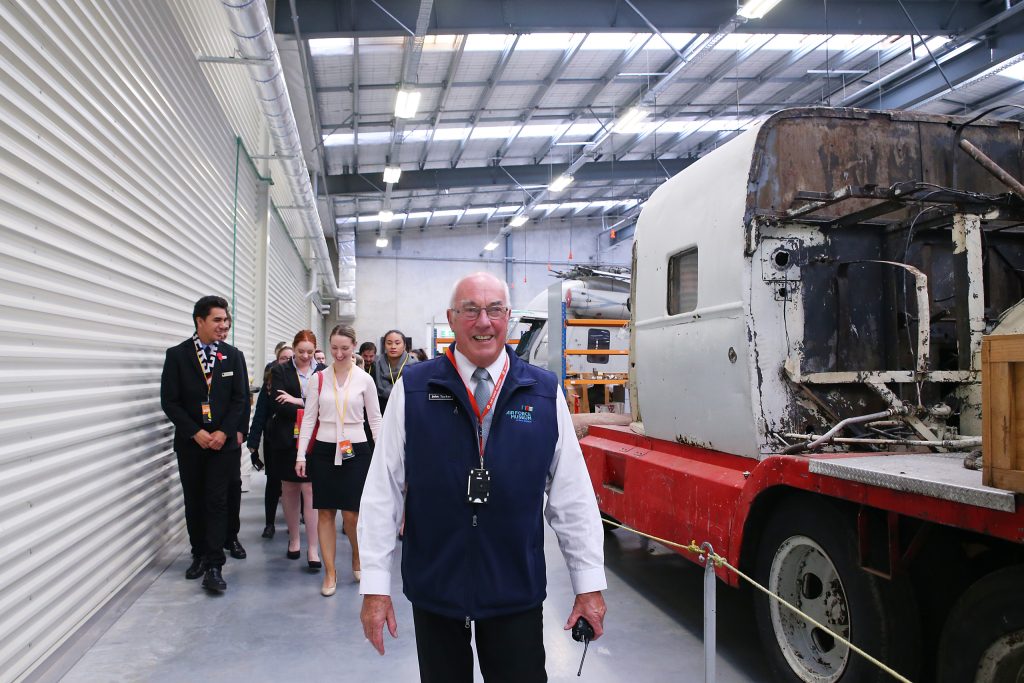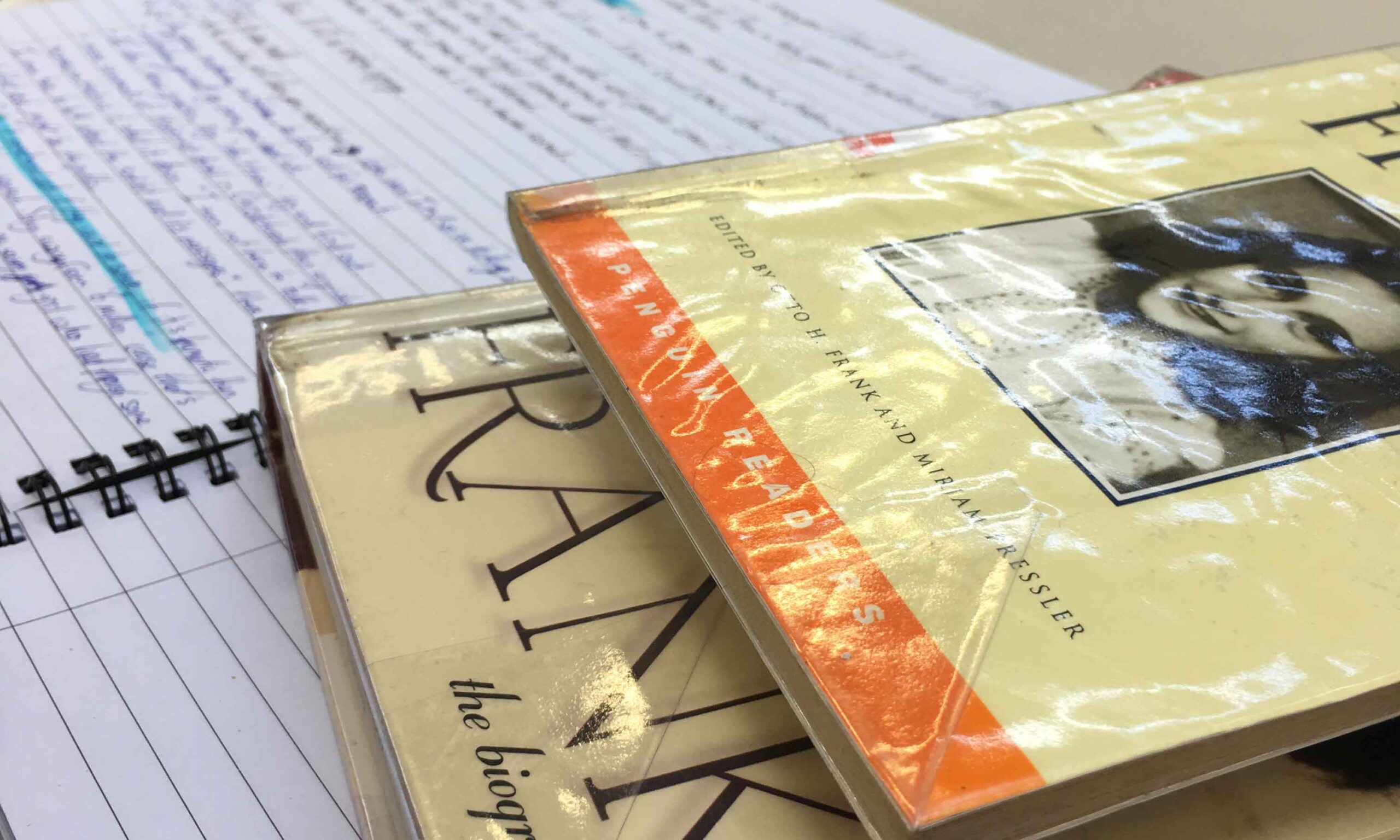Around mid-May I received a text message from a friend of mine. She told me she had signed us up to be tour guides for the Anne Frank exhibit that would be coming to Christchurch. At first, I was not particularly interested and didn’t want to take part however my friend is, thankfully, very persistent.
That is how I became a peer-guide. A student who has been trained to take his or her fellow peers around an exhibit, teaching them about its subject and how it is relevant to them. The ‘training’ itself was quite possibly one of the highlights of my year.
Dozens of students in one room from schools all over Christchurch. The day of the training I was sitting with two friends, listening to Chris Harris from the Holocaust Centre of New Zealand talk about a girl my age who changed the world. Whilst I went in expecting to learn facts about Anne, the annex where she hid and those who hid with her, the reality was quite different.
He spoke to us about diversity, humanity, morality, discrimination and tolerance, all of which are messages relevant to both Anne and myself. I found myself wanting to know more and more about this young girl who I never knew I could relate to. So, I read her diary.
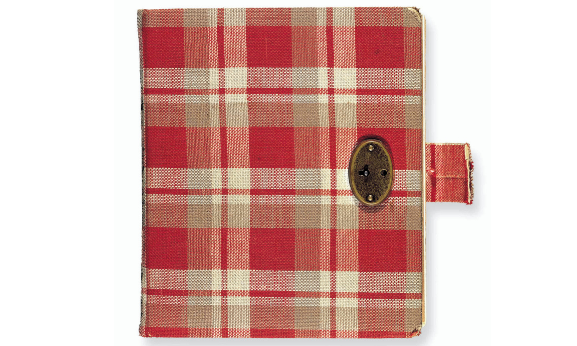
Anne Frank’s diary was published by her father, wishing to honour her dream of becoming a published writer. The diary has since become one of the most read books in the world, it has been translated into 70 languages and has sold over 30 million copies. We get to follow Anne’s life from her 13th birthday to just a few weeks before she was found.
I sought out Anne’s diary and easily found it at my school’s library. I felt almost bad reading her private thoughts and feelings. But at the same time, I relished in discovering more about this young woman and her values. The more I read, the more I was convinced that my friend was right in convincing me to be a peer guide. And it was in two of her main beliefs that stuck with me long after finishing the diary.
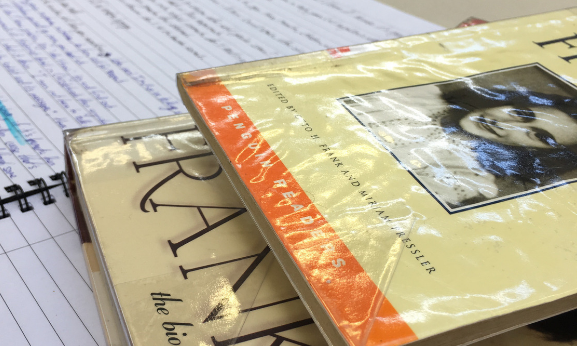
An extra part of the exhibit had been added showcasing one of these beliefs. The exhibit featured stories and images of many New Zealand youth who have faced discrimination, whether it was because of their race, sexual orientation or religion. Anne believed that no one has an excuse to stand aside while discrimination is happening. This was also a massive theme in our peer-guide training, being an upstander, not a bystander. To step in when you see injustice rather than be silent and to call out those who are silent. Because silence cannot exist if it is not tolerated.
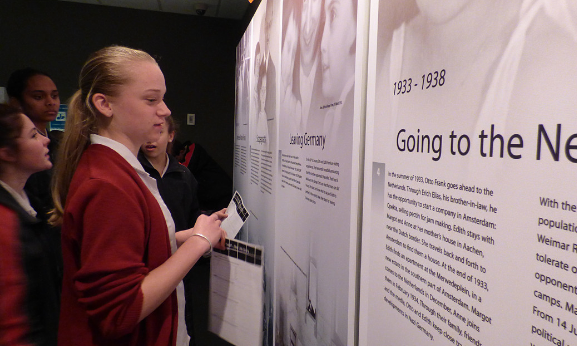
Most of the world were silent whilst Hitler passed laws that discriminated against the Jewish population and remained silent as those laws turned into crimes against humanity. Silence must not be tolerated, whether it be the governments in international affairs or our own on in our schools, workplaces, streets and homes.
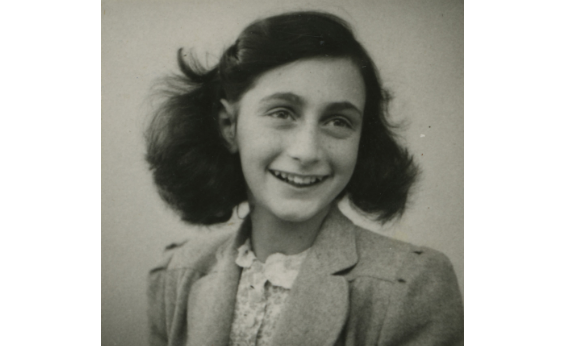
The other view that stuck with me was Anne’s belief that all humans are inherently good, including those that were discriminating against her. This is such a foreign concept to me and many others my age. I have grown up in a world that seems to experience a new tragedy every few weeks, whether it be an attack at a concert or a young man shot by police because he was holding a phone.
I wonder how a girl living in one of the darkest times in human history can hold so much hope. I came to the conclusion that Anne is either incredibly naïve or wiser than all of us. Her belief in every human being makes her all the more admirable in my eyes and I would hate for us to prove her wrong.
“Who would ever think that so much went on in the soul of a young girl?”
Anne Frank
Arielle Heslop is currently a Year 12 student at Lincoln High School, Christchurch, New Zealand.
